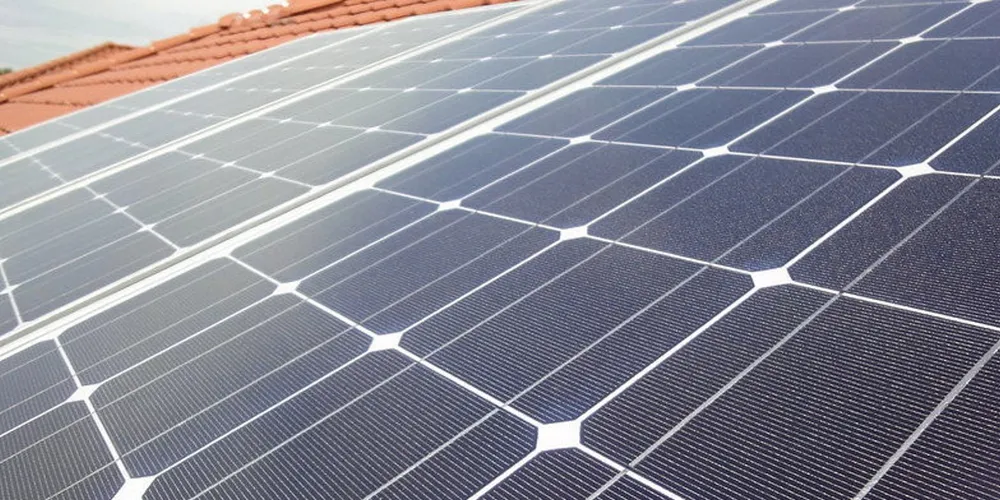Israel's Ashtrom seals $300m 'milestone' sale of Texas solar project's tax credits
Israeli group nails $270m financing for 400MW array and first-of-a kind transaction

Israeli group nails $270m financing for 400MW array and first-of-a kind transaction
